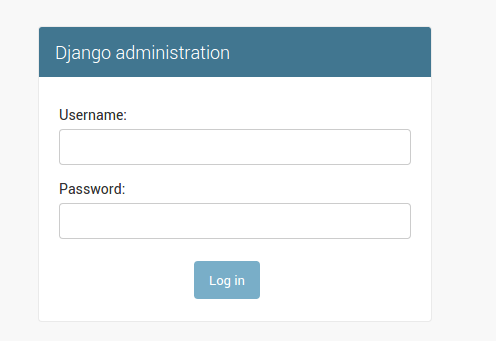I’ve upgraded dokku to the latest master release, to make sure I was running the latest version.
The reason for the upgrade was that I wanted to install supervisord plugin, so when I have to reboot my server due to an upgrade, all my application will come back to life automatically.
After the upgrade of dokku, all my container where down, so I’ve launched the command to rebuild all of them:
dokku ps:rebuildall
Unfortunately this didn’t work as expected.
My web containers (running three apps: django/python, flask/python, wordpress/php) got deployed as expected, instead my databases did not come back to life.
The two plugins I am using to run my databases are: dokku-pg-plugin and dokku-md-plugin.
While both plugins do not offer a clear way to restart the databases containers, I think I found out a way that worked for me as a workaround. It’s different for each plugin.
For the mariadb you have to fake to re-create the database, which will use your old database container and just re-attach to it.
dokku mariadb:create <olddbname>
For the postgresql instead, you have to re-link the old database:
dokku postgresql:link <myapp> <mydb>
Each of this command should trigger an instant redeploy, and your application should be back online.
One thing to know: if you stop a command execution with a Control-C, you may leave your application in a blocked state. If you run a rebuild or any other command, you may found out saying “Error your application is locked”. To get rid of that go on your server and blow away the /home/dokku/app_name/.build.lock file.
Watch out: the name of the file and/or error could be different, I just recall from memory.



